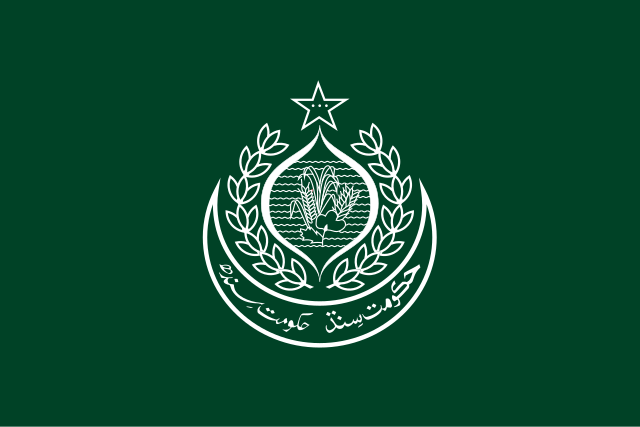Sindh Chief Minister Syed Murad Ali Shah has unveiled a comprehensive Rs55 billion relief package for farmers, fixing the wheat support price at Rs3,500 per 40kg and announcing subsidised fertilizer for small growers to offset rising cultivation costs.
At a press conference on Wednesday, Shah said the provincial government plans to procure between 0.8 and 1.2 million tonnes of wheat during the 2025–26 harvest season. Under the scheme, small farmers will receive one bag of DAP and two bags of urea per acre at subsidised rates to ensure timely fertilizer supply and sustained crop yields.
He explained that the initiative seeks to promote transparent wheat procurement, prompt payments to growers, and continued farmer participation in cultivation, which are vital for ensuring food security.
While the province had initially recommended a higher support price of Rs4,000 per 40kg, Shah said the Sindh government accepted the federal rate of Rs3,500 to provide immediate relief to cultivators. He credited PPP Chairman Bilawal Bhutto-Zardari for helping secure federal approval despite IMF-imposed fiscal constraints, calling it “a success that reflects effective coordination within financial limits.”
The chief minister also announced that the proposed threefold increase in agricultural income tax had been deferred, with the previous 15 per cent rate restored, acknowledging the financial strain small farmers currently face.
Reviewing last year’s performance, Shah said the 2023–24 wheat procurement campaign had stabilized prices, prevented flour shortages, and curtailed costly imports, reinforcing the importance of timely interventions in the agriculture sector.
He reaffirmed Sindh’s commitment to balanced agricultural growth and economic stability, noting that the food and agriculture departments were working in tandem to achieve these goals.
Addressing other matters, the chief minister said maintaining law and order in both rural and urban areas remained a top priority. He cited efforts to tackle dacoit activity in the interior and street crime in cities through police modernization, advanced training, and better coordination.
Commenting on the federal government’s Afghan repatriation policy, Shah said a national consensus had emerged that Afghan refugees should return home, and assured that Sindh would fully implement the policy to ensure an orderly and lawful process.
He further directed the Sindh chief secretary to coordinate with his Punjab counterpart regarding the inter-provincial movement of certified seed, and instructed health and municipal authorities to intensify anti-dengue fumigation drives across the province.




